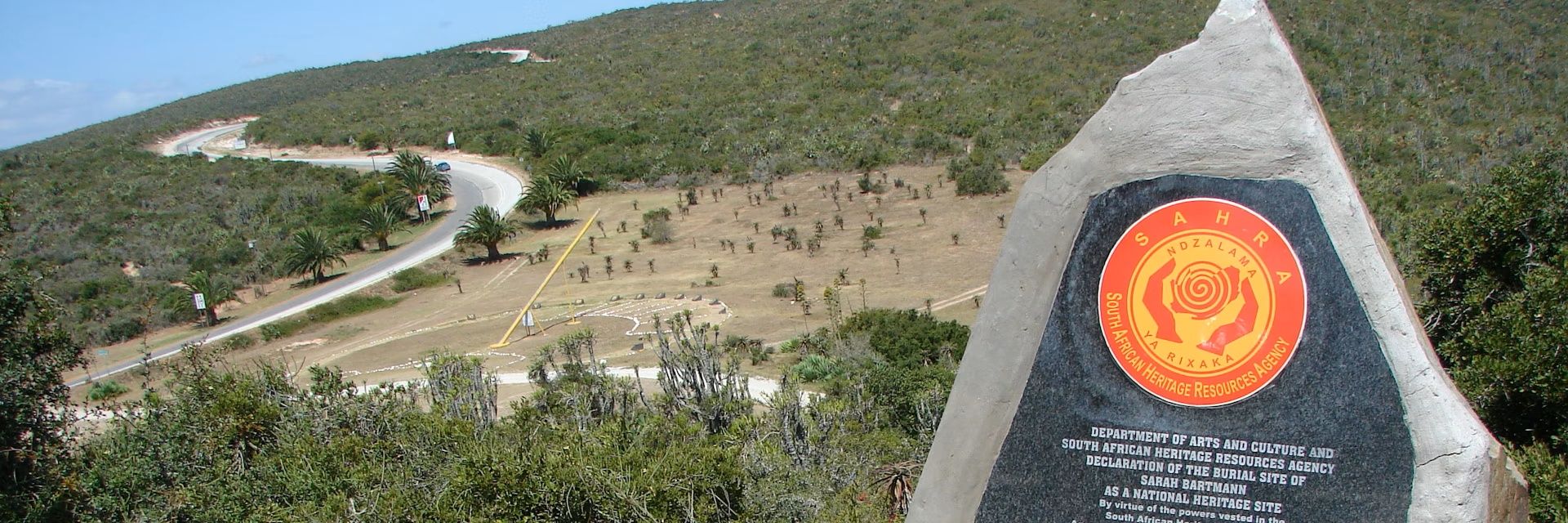Who are we? What is our history? In creating an Afrocentric history of Africa, we must first clarify Africa. Geopolitically, Africa is a continent of 54 countries. As a culture, Africa extends all over the world through the African Diaspora. All these Africans are linked, in one fate.
And let’s not forget that Africa is the cradle of mankind - which is actually where this African History series starts. Archaeologists agree that all humans in the world today originated from Africa over 55,000 years ago. That is before recorded history. So the only sources we have are archaeological studies, unravelling the greater myth of earth’s ever more mysterious history.
Like most world civilizations, the history of Africa is murky in the early ages but gets clearer in the Middle Ages, where numerous civilizations spruced up. The Bantu expansion remains a mystery, impressive as it was. In future articles, we will continue filling in the blanks to present the complete tapestry of our history.
Out of Africa
Because writing is a pretty recent invention, no part of the world can account for 100% of its existence. Only scientific methods like archaeology have allowed the world to account for vast parts of the prehistoric world.
And even in this distant past, springs of humanity appeared in several places – Morocco, The Akavango Delta, and the Lake Turkana region. There are numerous theories of expansion and quite a few supposed waves of migration. And so Africa gave rise to the world and then, millennia later, fell to one of her ravaging descendants.
But what is to Africa ravaging conquerors – the European powers of the 19th century – were civilizations that had developed largely oblivious to the land down south. It is a whole other rich culture, but definitely not the only one.
As for Africa, what happened before our ancestors came into being – the originators of tribes, nations, and empires – remains largely unknown. Ancient Egypt, Old Ghana, then newer civilizations like The Mali Empire, Ptolemaic Egypt – the Greek one, Aksum, and The Kingdom of Kush flourished and then declined.
Looking at Kenya’s communities, the history before the late 1900s is downright nonexistent. Much of what we know comes from and focuses on colonial government activities. These gaps in our history extend into the near history, shortly before the coming of the European powers. And then, of course, they extend all the way back.
And with such a shallow appreciation for our actual roots and heritage, it is no wonder we are so easily tribally politicized. That observation applies to Africa in general. Too often, we have allowed our tribal affiliation to be a mark of enmity and soaked the ground with our brothers’ blood.
Gaps in history
Africa is coming from a harrowing period of about 500 years ending in the mid-20th century. Science is still trying to piece together how badly The Black Death affected Africa. Some evidence points to entire urban centers being abandoned – that it how badly it was. There is ample evidence of The Atlantic Slave and its impact on the continent, especially the West of Africa. The relief from the end of the slave trade was short-lived, however, as Africa was partitioned and colonized soon after.
One main impact of colonialism, which we are still living under, was the culture erosion. That is still ongoing. Archeological sites and old people – the sources of artifacts and folk tales – are all dying out. We are trying to come up with solutions to tribally-charged election violence in Kenya today.
First we must study the tribal unit. We must understand what it really means to be Gusii, Luo, Kalenjin, Nandi, etc. – all in the cultural context. There is much to celebrate in our culture. So much so that we wouldn’t need to ever let our tribes be used to spread hate.
A growing understanding of our world
From time immemorial, humans have been obsessed with an age-old question: “Where did we come from?” In times past, simple answers could be given to these questions and satisfy people who knew better. But with every passing generation, our understanding of the world grows. We are still far from figuring anything out, but we have made impressive enough strides. We know a lot more than we did ten years ago, and a whole lot more than we did thousands of years ago.
In this series, we recognize traditional creation stories as sensible explanations of early man as to their origin. The variations can often easily be explained by looking at the geography and socio-economic life of a community. Anthropologically speaking, because creation stories came many generations after dispersal, the memory of it would have been long forgotten.
Africa is undoubtedly the cradle of humanity, not just Africans, but the entire world. The Out of Africa Theory explains a common decent for the world. But when it comes to the actual history of Africa, there are too many gaps and unanswered questions.





